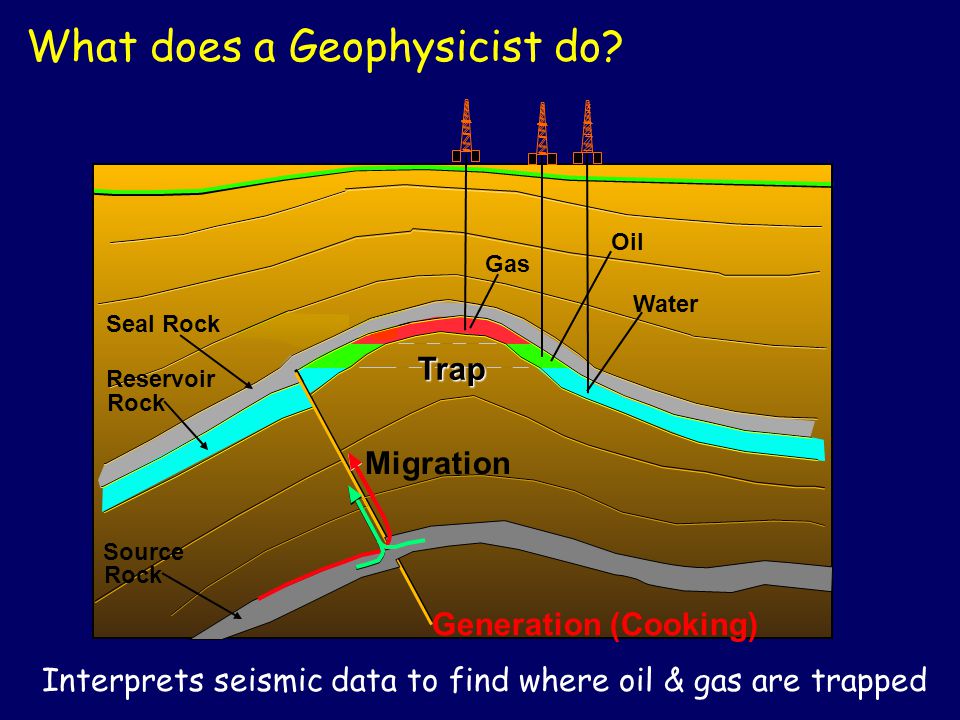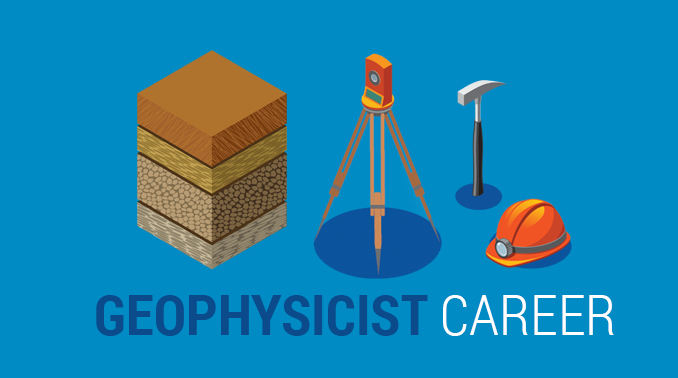All Categories
Featured
Table of Contents
What Is Geophysics? in Murdoch Western Australia 2020

The primary design for the radial structure of the interior of the Earth is the preliminary reference Earth design (PREM). Some parts of this design have actually been updated by recent findings in mineral physics (see post-perovskite) and supplemented by seismic tomography. The mantle is mainly composed of silicates, and the borders in between layers of the mantle follow stage shifts.

Schematic of Earth's magnetosphere. Flows from left to.
Inside the magnetosphere, there are relatively dense areas of solar wind particles called the Van Allen radiation belts. Geophysical measurements are usually at a particular time and place.
Airborne Geophysical Surveys in Claremont Western Australia 2021
, combines astronomical collaborates and the regional gravity vector to get geodetic collaborates. This method just provides the position in 2 collaborates and is more hard to utilize than GPS.
Relative positions of two or more points can be determined using very-long-baseline interferometry. Gravity measurements entered into geodesy due to the fact that they were required to associated measurements at the surface area of the Earth to the referral coordinate system. Gravity measurements on land can be used gravimeters deployed either on the surface or in helicopter flyovers.
Water level can likewise be measured by satellites using radar altimetry, contributing to a more precise geoid. In 2002, NASA launched the Gravity Recovery and Environment Experiment (GRACE), in which 2 twin satellites map variations in Earth's gravity field by making measurements of the distance between the 2 satellites utilizing GPS and a microwave ranging system. Satellites in space have made it possible to gather data from not only the visible light region, however in other locations of the electro-magnetic spectrum. The planets can be characterized by their force fields: gravity and their magnetic fields, which are studied through geophysics and space physics. Measuring the changes in acceleration experienced by spacecraft as they orbit has allowed great details of the gravity fields of the planets to be mapped.
What Should I Do To Be A Geophysicist? in Glendalough Australia 2023

Considering that geophysics is worried about the shape of the Earth, and by extension the mapping of functions around and in the planet, geophysical measurements include high accuracy GPS measurements. These measurements are processed to increase their precision through differential GPS processing. Once the geophysical measurements have actually been processed and inverted, the analyzed outcomes are outlined utilizing GIS.
Many geophysics business have actually designed in-house geophysics programs that pre-date Arc, GIS and Geo, Soft in order to meet the visualization requirements of a geophysical dataset. Exploration geophysics is applied geophysics that typically utilizes remote sensing platforms such as; satellites, aircraft, ships, boats, rovers, drones, borehole sensing equipment, and seismic receivers.
For example, aeromagnetic data (aircraft gathered magnetic information) gathered using conventional fixed-wing aircraft platforms must be fixed for electromagnetic eddy currents that are developed as the aircraft moves through Earth's electromagnetic field. There are likewise corrections connected to changes in measured possible field strength as the Earth rotates, as the Earth orbits the Sun, and as the moon orbits the Earth.
Geophysical Surveys - U.s. Geological Survey in Guildford Australia 2023
Signal processing involves the correction of time-series data for unwanted sound or mistakes presented by the measurement platform, such as airplane vibrations in gravity information. It also involves the decrease of sources of noise, such as diurnal corrections in magnetic information. In seismic information, electromagnetic data, and gravity information, processing continues after mistake corrections to consist of computational geophysics which lead to the last interpretation of the geophysical information into a geological analysis of the geophysical measurements Geophysics emerged as a separate discipline just in the 19th century, from the intersection of physical location, geology, astronomy, meteorology, and physics.
The magnetic compass existed in China back as far as the 4th century BC. It was not until great steel needles might be forged that compasses were used for navigation at sea; prior to that, they could not maintain their magnetism long enough to be beneficial.
By looking at which of 8 toads had the ball, one might determine the instructions of the earthquake.'s (1600 ), a report of a series of careful experiments in magnetism.
Geophysical Survey - Explore The Seafloor in City Beach Western Australia 2020
Geochemistry, Geophysics, Geosystems. National Aeronautics and Space Administration. Recovered 13 November 2018.
Leipzig. Berlin (Gebruder Borntraeger). Runcorn, S.K, (editor-in-chief), 1967, International dictionary of geophysics:. Pergamon, Oxford, 2 volumes, 1,728 pp., 730 fig Geophysics, 1970, Encyclopaedia Britannica, Vol. 10, p. 202-202 Ross 1995, pp. 236242 Shearer, Peter M. (2009 ). Intro to seismology (2nd ed.). Cambridge: Cambridge University Press. ISBN 9780521708425. Stphane, Sainson (2017 ).
Table of Contents
Latest Posts
Geophysical Survey In Archaeology in Samson WA 2023
Geology Careers: Degree Requirements, Cost & Salary in Subiaco Western Australia 2022
Geophysical Surveys: Definition & Methods in Armadale Western Australia 2022
More
Latest Posts
Geophysical Survey In Archaeology in Samson WA 2023
Geology Careers: Degree Requirements, Cost & Salary in Subiaco Western Australia 2022
Geophysical Surveys: Definition & Methods in Armadale Western Australia 2022